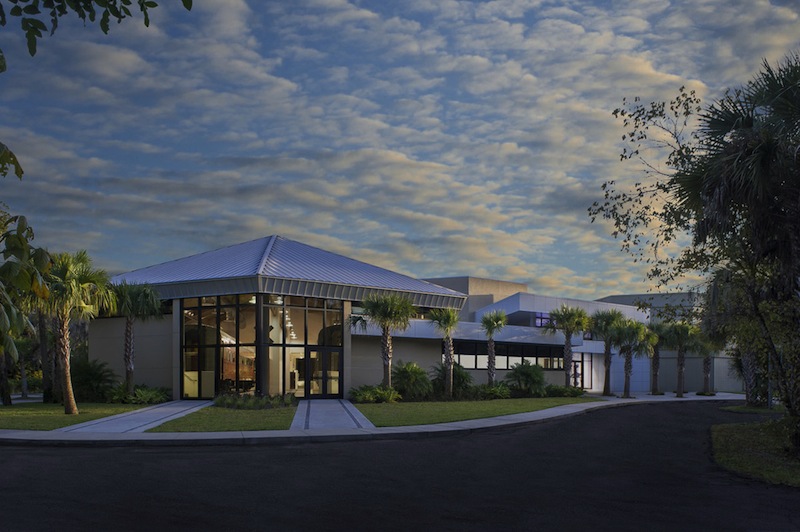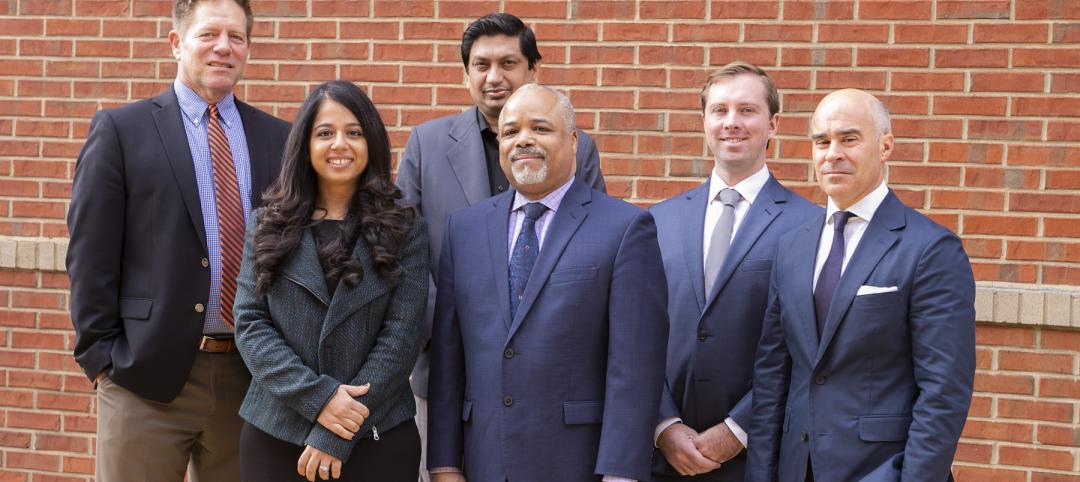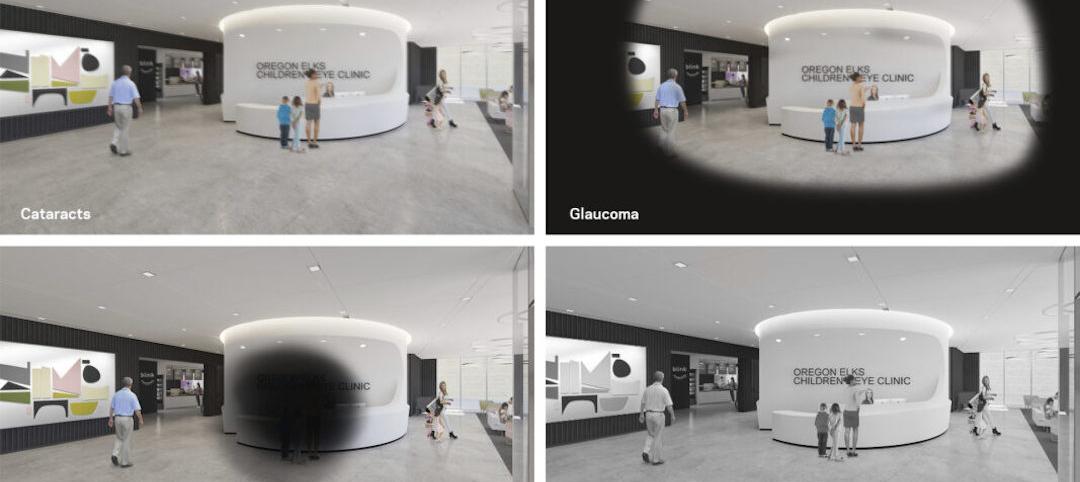Stantec, one of the industry’s largest architecture/engineering firms, has signed a letter of intent to acquire Chicago-based VOA Associates, a top-10 architectural firm with eight offices and 280 employees in the U.S., Brazil, and China.
Based in Edmonton, Alberta, Stantec operates from over 250 offices worldwide. Its 15,000 employees include 3,800 who work in its building design practice, which the acquisition of VOA is expected to bolster.
“VOA strengthens our collective ability to grow our building practice in U.S. markets,” said Bob Gomes, PE, Stantec’s President and CEO. “Their talented staff has produced an impressive portfolio of workplace, healing, leisure, learning, civic, and entertainment venues.”
Stantec is acquiring VOA’s stock, but it did not disclose the terms of the agreement. If the parties complete this deal in late March, as planned, it would be Stantec’s 13th acquisition since January 2014. Recent transactions include its July 2015 purchase of certain assets and liabilities of VI Engineering, a 30-person firm, and the August 2015 acquisition of Irvine, Calif.-based, 60-person VA Consulting, a community development, transportation, and water-engineering firm.
In its financial report for the quarter ended September 30, 2015, Stantec reiterated its goal to be a top-10 global design firm, and to grow its business at a compound average rate of 15% per year. Through the first nine months of 2015, Stantec’s gross revenue increased by 15.1% to 2.167 billion Canadian dollars (US$1.55 billion), and its net income rose by 3.7% to C$131.1 million.
“Joining Stantec expands horizons and opportunities for our staff and clients,” says Michael Toolis, AIA, LEED AP, VOA’s Chairman and CEO. “Both firms share a commitment to design, a global growth strategy, and market diversity.”
Stanis Smith, SVP with Stantec, tells BD+C that VOA’s leadership “will absolutely” stay on post merger. Stantec’s operations are divided into four groups, and VOA will be folded into its Buildings Group, whose management structure will be altered to accommodate this integration.
Smith says the two firms had been discussing this merger for several months. “What we saw is a complimentary fit, with no redundancies. It’s a marriage that make sense in both directions.” Smith adds that during those talks, Stantec and VOA officials identified a number of project opportunities that they could pursue jointly.
Smith says Stantec looks at acquisitions “as a way of getting better, not just bigger. Growth is not the design, but the outcome. You wouldn’t believe the number of inquiries we get, but we’re very selective in our acquisitions, where we’re looking for complimentary skills, geographies, or both.”
Toolis tells BD+C that VOA had considered private equity and international AEC firms as possible suitors. By choosing to join forces with Stantec, VOA “is ready to take another step” by “gaining access to [Stantec’s] size, portfolio, and talent.”
Toolis notes, too, that by acquiring VOA, Stantec will be doubling the size of its New York office, and significantly increasing its presence in Chicago, where VOA employs 140 people and Stantec 50. VOA is active in Orlando, where Stantec didn’t have an office, and is big in the entertainment and defense sectors, which hadn’t been as prominent for Stantec.
“We filled some gaps, and they strengthened our bench,” says Toolis.
The Stantec-VOA agreement comes at a time when consolidation (or rumblings about potential deals) within the AEC industry appears to be gaining momentum. Earlier this month, for example, London-based GB Fitzsimon, a cost and project consultant, announced it would merge with Cumming, a Los Angeles-based international project management and construction services firm.
A survey conducted last year by Zweig Group found that 42% of the architecture and planning firms polled were considering acquisitions, compared to 30% in 2012; and that 68% of the firms polled include a merger or acquisition in their strategic plans for the next five years.
VOA has been in business 46 years and is currently a decent-sized company—it generated more than $70 million in architecture revenue in 2014. But Toolis says his firm acknowledged that size matters at this moment in its history.
“Before the Internet, we depended primarily on our relationships," says Toolis. "But now that we’re at a certain level, we’re spending more on our website and social media, which gets expensive. And gets harder and harder to compete.”
Toolis says that on practically every job it bids, VOA goes against the largest firms in the world. Becoming part of Stantec “gives us a lot more firepower.” And while the VOA brand will disappear, Toolis says his company’s relationships with clients “don’t necessarily depend on our name.”
Related Stories
Architects | Feb 15, 2022
Binkley Garcia Architecture and Goodwyn Mills Cawood join forces in Nashville
Goodwyn Mills Cawood (GMC) is pleased to announce the acquisition of architecture and interior design firm Binkley Garcia Architecture in Nashville.
Resiliency | Feb 15, 2022
Design strategies for resilient buildings
LEO A DALY's National Director of Engineering Kim Cowman takes a building-level look at resilient design.
Products and Materials | Feb 14, 2022
How building owners and developers can get ahead of the next supply chain disaster
Global supply chain interruptions that started at the very beginning of the pandemic are still with us and compounding every step of the way. Below are a few proven tips on how to avert some of the costly fallout should we be faced with similar commercial disasters at any time in the future.
Urban Planning | Feb 14, 2022
5 steps to remake suburbs into green communities where people want to live, work, and play
Stantec's John Bachmann offers proven tactic for retrofitting communities for success in the post-COVID era.
Urban Planning | Feb 11, 2022
6 ways to breathe life into mixed-use spaces
To activate mixed-use spaces and realize their fullest potential, project teams should aim to create a sense of community and pay homage to the local history.
Senior Living Design | Feb 11, 2022
Design for senior living: A chat with Rocky Berg, AIA
Rob Cassidy, Editor of MULTIFAMILY Design + Construction, chats with Rocky Berg, AIA, Principal with Dallas architecture firm three, about how to design senior living communities to meet the needs of the owner, seniors, their families, and staff.
Architects | Feb 11, 2022
How computer simulations of vision loss create more empathetic buildings for the visually impaired
Here is a look at four challenges identified from our research and how the design responds accordingly.
Healthcare Facilities | Feb 10, 2022
Respite for the weary healthcare worker
The pandemic has shined a light on the severe occupational stress facing healthcare workers. Creating restorative hospital environments can ease their feelings of anxiety and burnout while improving their ability to care for patients.
Architects | Feb 8, 2022
Perkins Eastman and BLT Architects merge
Expanding services in hospitality, education, and mixed-use sectors to better serve clients.
Architects | Feb 3, 2022
SmithGroup elevates Mark Adams to lead workplace practice
In his new role, Adams leads the firm’s practice devoted to the design of corporate and commercial facilities.

















